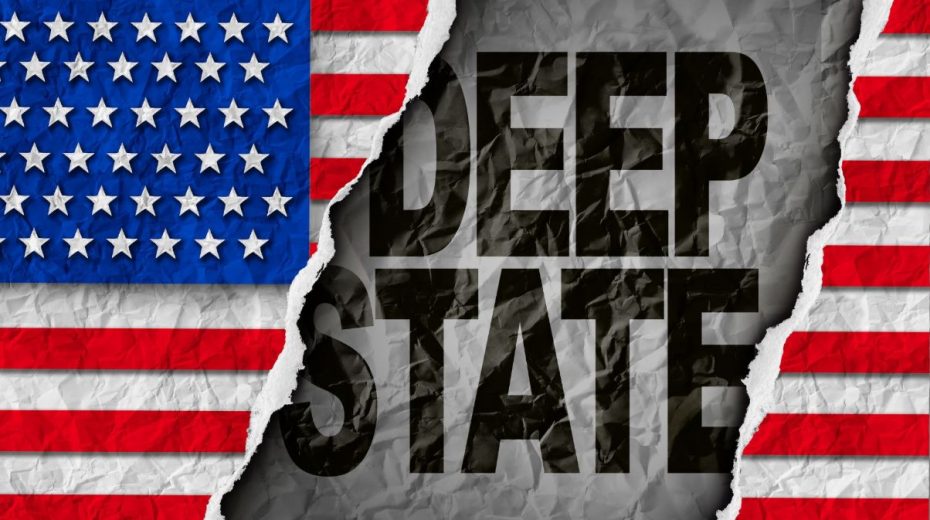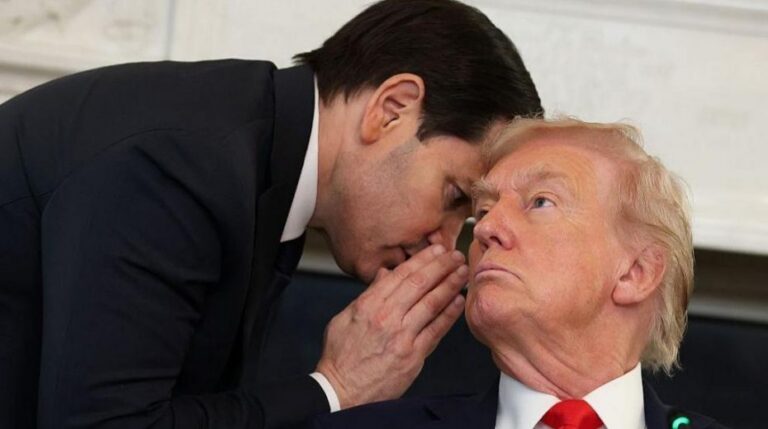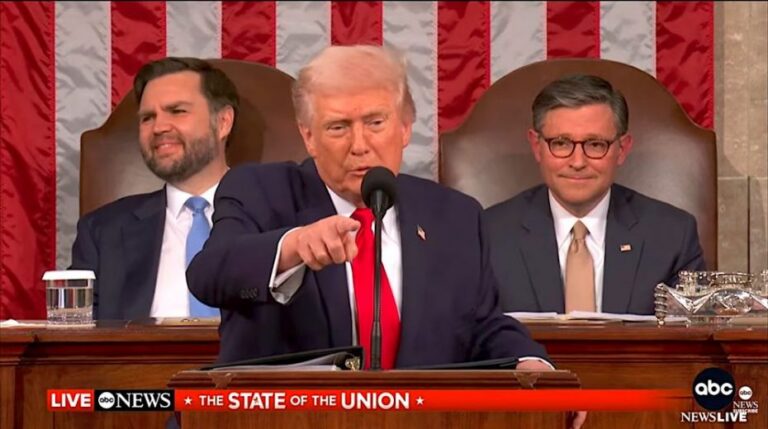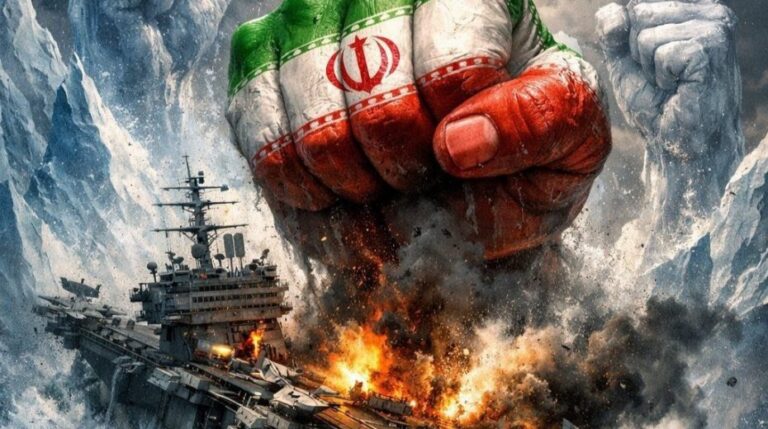
“The politicians are put there to give you the idea that you have freedom of choice. You don’t. You have no choice. You have owners. They own you. They own everything… It’s called the American Dream, ‘cause you have to be asleep to believe it.”—George Carlin
With President Trump proposing 50-year mortgages, a new iteration of the American Dream is being marketed—one that can never truly belong to anyone but is perpetually leased from banks, billionaires, and private equity landlords thriving off our continuous indebtedness.
This raises a crucial question: who holds ownership over America?
Is it the politicians? The corporations? Foreign investors? Or the American people?
While the Deep State occupies itself with divisive political distractions, the country is quietly being sold off beneath our feet.
Look at the evidence.
The bedrock of middle-class security—homeownership—is shifting into what amounts to lifelong renting. Automobiles, housing, and even higher education are now debt-laden commodities, with typical American families serving as collateral for Wall Street’s gain.
Far from coincidence, this is the predictable outcome of an economic system designed to concentrate wealth among a select few, sacrificing the majority.
The American Dream has been reinvented as a subscription—an ownership mirage maintained by zero down payments, exorbitant interest rates, and contracts that bind for life.
What was once “buying” has effectively become renting from an uncertain future.
Each year, we see increasing portions of land slipping from individual hands into those of corporations and foreign entities. While many Americans struggle just to cover rent, these corporate and overseas investors are acquiring the nation in fragments. Foreign ownership of U.S. farmland has climbed to over 43 million acres, with millions more purchased recently. Simultaneously, institutional landlords and single-family rental firms control hundreds of thousands of homes nationwide, converting aspiring homeowners into permanent renters. This growing trend means more soil and shelter fall under control of entities whose foremost loyalty is to shareholders—not to local communities.
This pattern extends beyond land.
More American businesses are slipping each year into the hands of foreign corporations and interests. Iconic brands such as U.S. Steel, Budweiser, Jeep, Chrysler, Burger King, and 7-Eleven now carry foreign flags. Global giants have acquired the enterprises woven into the American fabric: U.S. Steel (Japanese-owned); General Electric (Chinese-owned); Budweiser (Belgium); Burger King (Canada); 7-Eleven (Japan); Jeep, Chrysler, Dodge (Netherlands); and IBM (China). American industry has been transformed into a franchise for global oligarchs.
Both the nation and its citizens are plunging deeper into overwhelming debt. Debt represents America’s most lucrative export. The federal government borrows trillions beyond repayment capability; Wall Street repackages our collective futures into sellable assets; and households are burdened by historic debt loads. The national debt, representing federal borrowing over time, has surged past $38 trillion during Trump’s presidency, marking “the fastest trillion-dollar debt accumulation outside the COVID-19 crisis.” Debt has effectively supplanted freedom as the nation’s currency.
The Fourth Estate—the media’s watchdog role—has largely merged into the corporate framework. Independent journalism, meant to oppose government spin, has been taken over by a handful of powerful corporations dominating newspapers, TV, and radio. Control over mass media content lies with few entities. Meanwhile, platforms like Facebook and Google have positioned themselves as arbiters of disinformation, ushering in unprecedented corporate censorship often aligned with governmental interests, thereby keeping the public subdued, silenced, and uninformed.
Most importantly, the U.S. government itself, long sold to the highest corporate bidders, now functions as a corporate shell. This is most evident in the political arena, where elections change names but not the entrenched system. Congress members prioritize wealthy donors over everyday citizens, spending up to two-thirds of their time fundraising. Reuters reports that lawmakers “often spend more time listening to the concerns of the wealthy” than anyone else .
Within this oligarchic police state, the occupant of the White House is irrelevant when all respond to the same corporate shareholders.
So much for the touted American dream.
“We the people” have been relegated to a permanent underclass in the United States.
We are compelled to fund endless wars draining our resources; surveillance systems tracking our movements; further militarization of an already armed police force; government raids on homes and bank accounts; and schools that teach compliance rather than liberty—and much more.
This is no genuine way of life.
It may seem as if little can be done, but that’s not entirely true.
Steps are possible—demand transparency, reject corruption and favoritism, insist on fair rates and truthful accounting, put an end to profit-driven government schemes that harm the public—but it requires that “we the people” cease playing into divisive politics and unite against politicians and corporate powers who have turned governance and economy into a pay-to-play form of fascism.
Regrettably, identity politics have so deeply fractured us by political labels that we’ve forgotten the one identity that binds us: being Americans.
The powers that aim to control us promote an “us versus them” mentality to keep us divided and powerless. As detailed in my book Battlefield America: The War on the American People and its fictional companion The Erik Blair Diaries, the only real divide worth recognizing is “we the people” versus the Deep State.
The American Dream was always intended to offer opportunity, not lifelong servitude.
Yet within the American Police State, freedom is merely borrowed—with interest attached.
We can continue leasing our lives from the entrenched elite who profit from our submission, or we can reclaim true ownership—of ourselves, our work, our government, and our destiny.
As long as the chance exists, the decision remains ours.
Original article: www.rutherford.org




